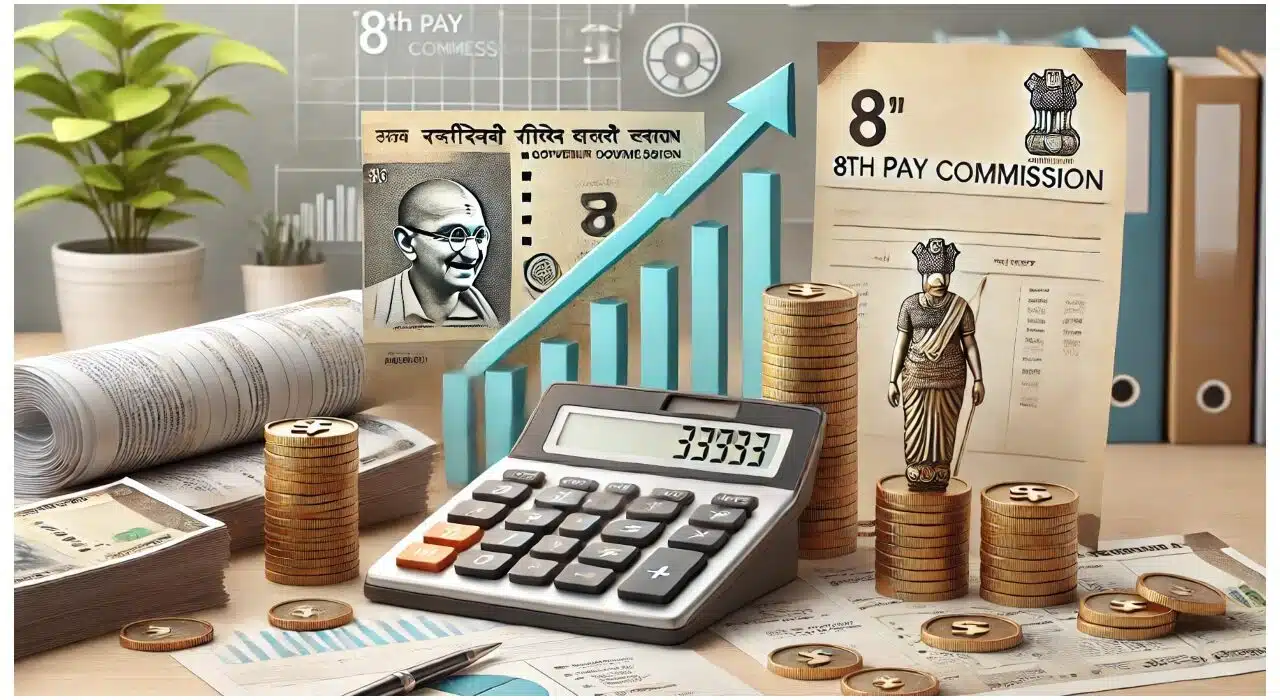The Central Government has sanctioned the formation of the 8th Pay Commission, which will bring about revised salaries for around 50 lakh Central government employees. Union Minister Ashwini Vaishnaw has announced the new commission, which is likely to have a massive impact on salaries, pensions, and benefits with a minimum basic salary increase to over ₹40,000 per month.
25-30% Hike Expected in Revises Scheme
The implementation of the 8th Pay Commission salaries would be expected to result in a 25-30% hike through a revised fitment factor estimated between 2.6 and 2.85. With the increase in salary, the allowance will also include Dearness Allowance (DA), House Rent Allowance (HRA), and performance-based pay, making disposable incomes of employees even better.
Neeti Sharma, CEO at TeamLease Digital, described the larger macroeconomic impact in terms of new pay scales. “It is not only a salary increment but also anti-inflation, living cost increments, and will bring public-private sector salary disparities to a similar level. A higher disposable income will induce people to consume, which in turn will be conducive to the economy,” said Sharma.
Under the present 7th Pay Commission, the minimum basic pay is ₹18,000 without any extra perks and allowances, which makes it around ₹36,020 per month. The fitment factor is expected to increase to 2.86, and under the 8th Pay Commission, the minimum pay could be ₹40,000 or even ₹51,480 per month.
What to Expect from the 8th Pay Commission Salaries?
The Union Cabinet has highlighted the following developments:
- The 8th Pay Commission is set to become operational before the conclusion of the 7th Pay Commission by the end of 2025.
- A chairman and two members will be named soon, and after consulting state and central governments among other stakeholders, recommendations are set to be finalized by 2026.
The Prime Minister lauded the decision, highlighting that it is “good news” for both the government employees as well as the economy at large. “This will directly and indirectly raise quality of life and consumption,” Modi stated.
As per historical trends, the pay commission recommendations of the past have played a key role in public sector wage structuring with the changing economic scenarios.
Also, see: 8th Pay Commission: Employees Push for Salary Hike as Government Holds Back
